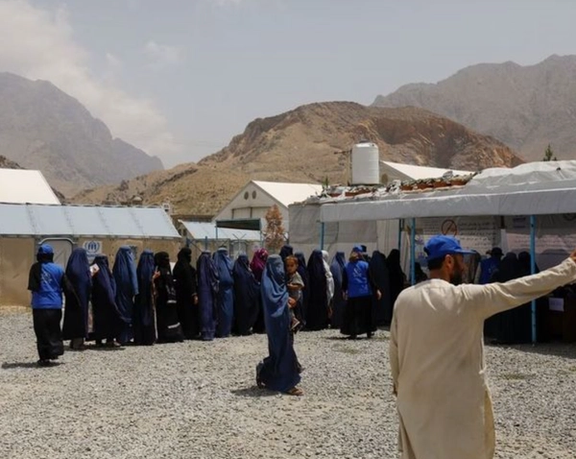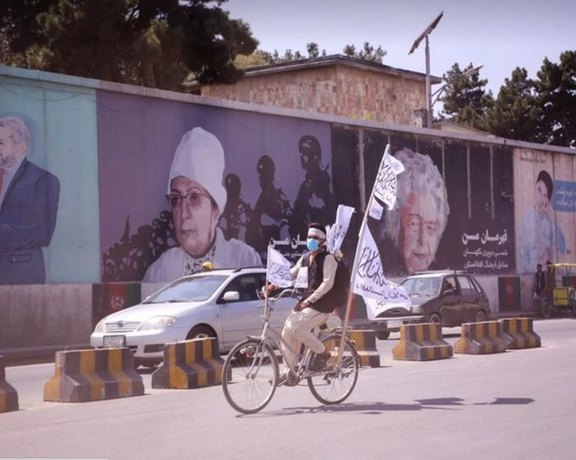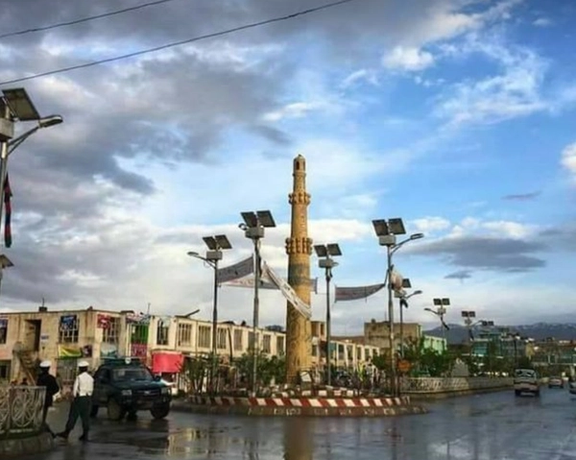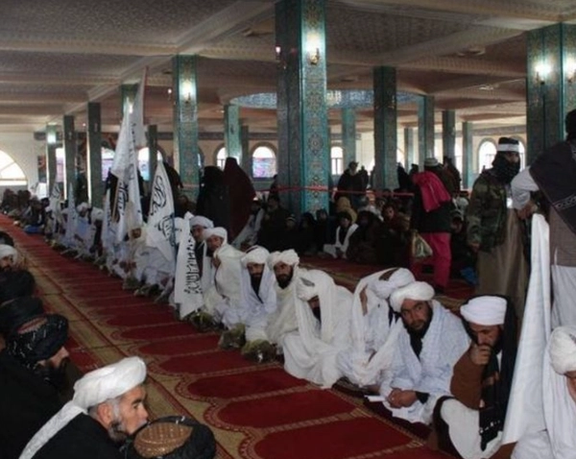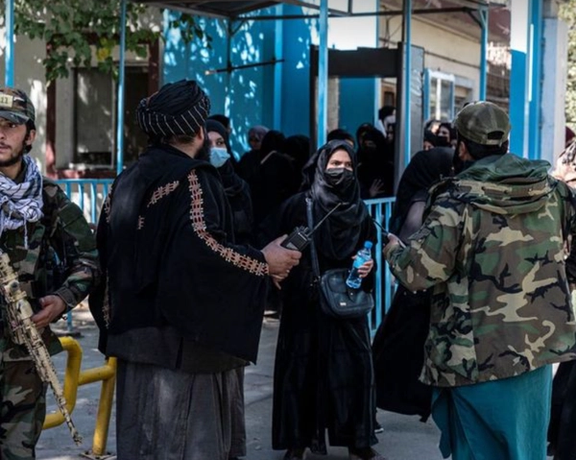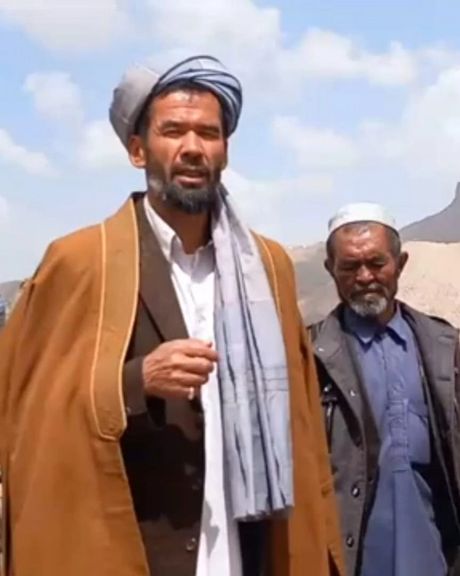The report states that Afghanistan has climbed 24 places compared to 2021 when the country had been ranked 174 of the 180 countries with 16 points. In 2020, Afghanistan had been ranked 165 with 19 points.
The organisation uses the CPI to determine the perceived levels of public sector corruption in 180 countries/territories around the world. Transparency International gives countries points from 0 to 100 in the fight against corruption, with Denmark taking first place with 90 points.
Finland and New Zealand close in at the second and third place with 87 points each. Somalia has been reported as the most corrupt country in the world with 12 points.
In the report of this organisation, it has been stated that most countries have failed in their fight against corruption and two thirds of the countries have less than 50 points. Twenty-six countries got the lowest score and 155 countries have not made significant progress in the fight against corruption.
The report states that corruption is also a threat to global security, and countries with high CPI scores play a role in this. “Unsurprisingly, most countries at the bottom of the CPI are currently experiencing armed conflict or have recently done so. Dealing with the threats that corruption poses to peace and security must be a core business of political leaders,” it added.
“Leaders can fight corruption and promote peace all at once. Governments must open up space to include the public in decision-making – from activists and business owners to marginalised communities and young people. In democratic societies, the people can raise their voices to help root out corruption and demand a safer world for us all,” said Daniel Eriksson, Chief Executive Officer, Transparency International.
Among the recommendations suggested, the report emphasised that there has to be a system of checks and balances and promote separate of powers, sharing of information and combat transnational forms of corruption.
